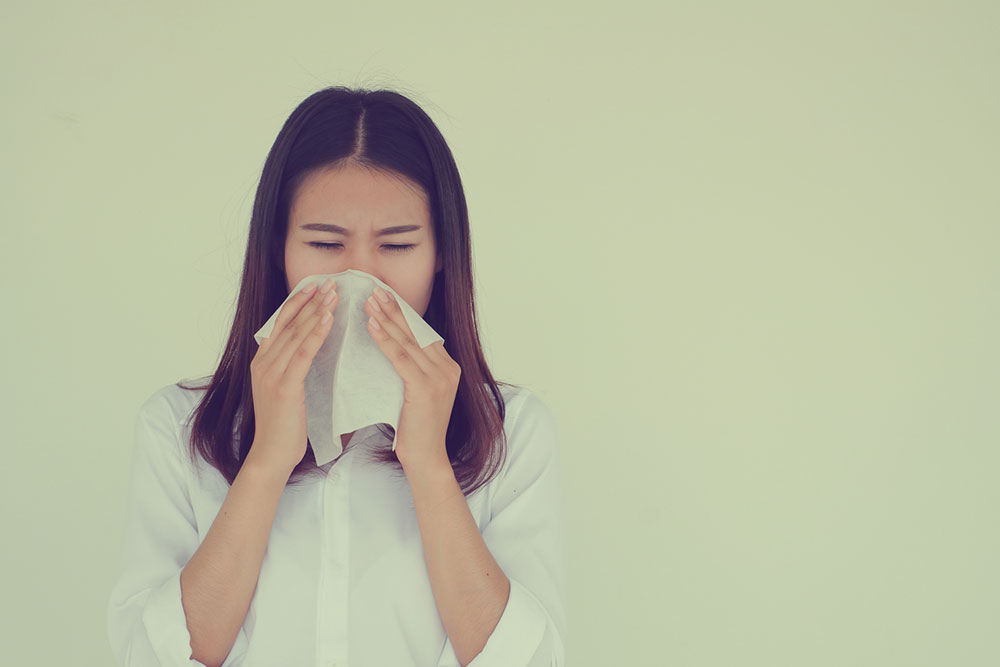Understanding Allergic Coughs: Causes and Effective Management Strategies
This article explores the common causes of allergic coughs, including allergens like dust, pollen, and mold, and offers practical management tips. It emphasizes the importance of medical consultation, allergy testing, and environmental control to effectively reduce allergy symptoms and prevent persistent coughing. Maintaining a clean home, avoiding outdoor triggers, and completing prescribed treatment courses are key strategies highlighted to improve respiratory health and overall well-being.

Understanding Allergic Coughs: Causes and Effective Management Strategies
Many individuals experience sudden coughs when their environment changes. This often leads to concern about an impending cough that can disrupt daily life. Persistent coughing, if untreated, may harm the throat and lead to conditions like bronchitis, rhinitis, or other respiratory issues. Chronic coughs might be linked to asthma, COPD, postnasal drip, or acid reflux, all requiring medical care.
Frequently, allergies are the root cause of coughing. Breathing in pollen, dust, pet dander, or mold affects our respiratory system, triggering cough reflexes. The body's defense mechanism responds to irritants in the throat, nose, lungs, or voice box. Common allergen sources include:
Dust mites in home and outdoor environments
Indoor and outdoor air pollution
Diet quality
Environmental pollution, weather conditions, and other factors
Whether indoor, outdoor, seasonal, or year-round, allergic coughs persist until the allergen source is eliminated. Symptoms often include a runny nose, itchy eyes, sneezing, postnasal drip, and ongoing coughing. Managing allergic coughs involves straightforward, cost-effective steps, such as:
Seeking medical advice
Avoiding self-medication for chronic coughs
Undergoing allergy testing for precise diagnosis
Following prescribed treatment plans diligently
Complete your prescribed medication courses
Even if cough symptoms improve within a few days, stopping medication prematurely may leave residual allergens in your system. Completing treatment ensures thorough elimination of triggers. Doctors might also recommend allergy shots to increase tolerance and reduce future allergic responses.
Identify and eliminate triggers
Allergens can be internal or external. Inspect your environment for mold in damp areas, carpets, furniture, ventilation systems, and storage spaces. Allergens can also hitchhike on clothes, pets, and shoes. Prolonged exposure can lead to sinus or lung infections and hypersensitivity conditions. Identifying and reducing contact with triggers is essential to control allergy-induced coughs.
Maintain a clean environment
Regular cleaning, humidity control, proper ventilation, and fixing leaks minimize allergen buildup. Use a humidifier in areas with high humidity and schedule routine health check-ups to detect unnoticed allergies early.
Limit outdoor exposure
Avoid wooded areas, forests, and places with strong odors like smoke, paint, or chemicals, especially if you notice allergy symptoms worsen outdoors. Protect yourself from environmental irritants to prevent allergic reactions.
While allergy-related coughs are not typically dangerous, they can severely impact quality of life, causing fatigue and missed opportunities. Prompt medical attention and diligent management are crucial to prevent complications. Addressing the root causes quickly helps maintain respiratory health and overall well-being.










